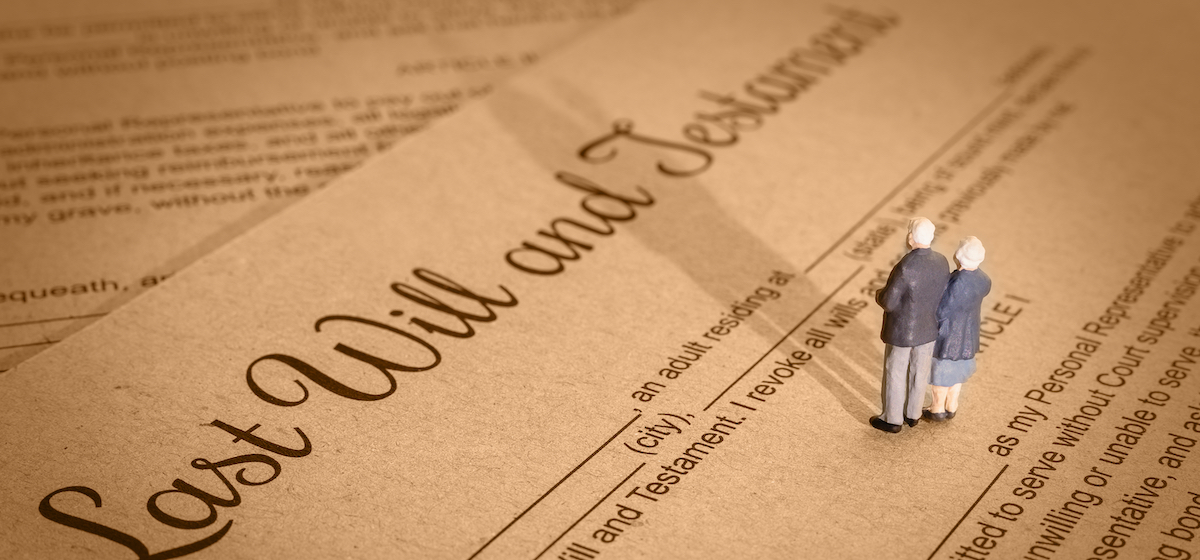It can be daunting and even overwhelming at times, but writing your will is an essential part of planning for your future. We break down some of the most common mistakes we see when writing a legal will, and show how to avoid them.
1. Forgetting to include all your assets
When writing your will, we think about our tangible assets first – for example, your home or car. But what about your other assets, such as your bank account or shares and investments? While these can form part of your estate to be distributed as a whole, if you would like to gift them to a specific person, it must be clearly outlined in your will.
2. Forgetting about your furry friends
Australians love their pets – with around 61 per cent of households reporting at least one furry friend. But what happens to our pets if they outlive us? Under Australian law, they are deemed as assets and therefore cannot be named as a beneficiary in your estate. However, it is possible to ‘gift’ them to a loved one (who understand and appreciates your pet as much as you do) to ensure they are appropriately cared for.
3. Not having valid witnesses
A crucial part of completing your will is ensuring that it is signed by two valid witnesses to make it a legally binding document. These witnesses cannot be listed as beneficiaries in your will nor can they be married or in a legally recognised relationship. They must be over the age of 18 and cannot be legally blind. When signing your will, check the requirements for each state or territory as they may be slightly different. Both witnesses must be present when you sign your will.
4. Not having the original copy or knowing the location of the original copy
To file for probate (proving the will so that it can be implemented), the executor needs the original copy, so make sure you keep your will in a safe place and let the executor and family members know where it is.
5. Not appointing a guardian for your children or dependants
Perhaps one of the most important functions of a will is to specify who will take care of your children or dependants should you pass away and there is no other parent. Appointing a guardian is a serious matter, and care should be taken to ensure that the nominated person is willing to assume responsibility for your dependants. When appointing a guardian, it is crucial to consider whether they share the same values as you and understand how you would like the children to be raised. You should also consider whether they are capable of managing any assets or funds that you leave, or whether you should appoint a different person to financially manage your estate on their behalf.
Once you are satisfied that your will adequately reflects your wishes, it is also essential to review and update it regularly as your life situation and priorities change.
Aaron Zelman is co-founder of willed.com.au
Are you guilty of any of those mistakes? Are you confident your will is valid?
If you enjoy our content, don’t keep it to yourself. Share our free eNews with your friends and encourage them to sign up.
Related articles:
https://www.yourlifechoices.com.au/finance/legal-and-general/providing-for-the-grandchildren
https://www.yourlifechoices.com.au/finance/legal-and-general/are-homemade-updates-to-a-will-valid
https://www.yourlifechoices.com.au/insights/podcast/wills-made-simple
Disclaimer: All content on YourLifeChoices website is of a general nature and has been prepared without taking into account your objectives, financial situation or needs. It has been prepared with due care but no guarantees are provided for the ongoing accuracy or relevance. Before making a decision based on this information, you should consider its appropriateness in regard to your own circumstances. You should seek professional advice from a financial planner, lawyer or tax agent in relation to any aspects that affect your financial and legal circumstances.

